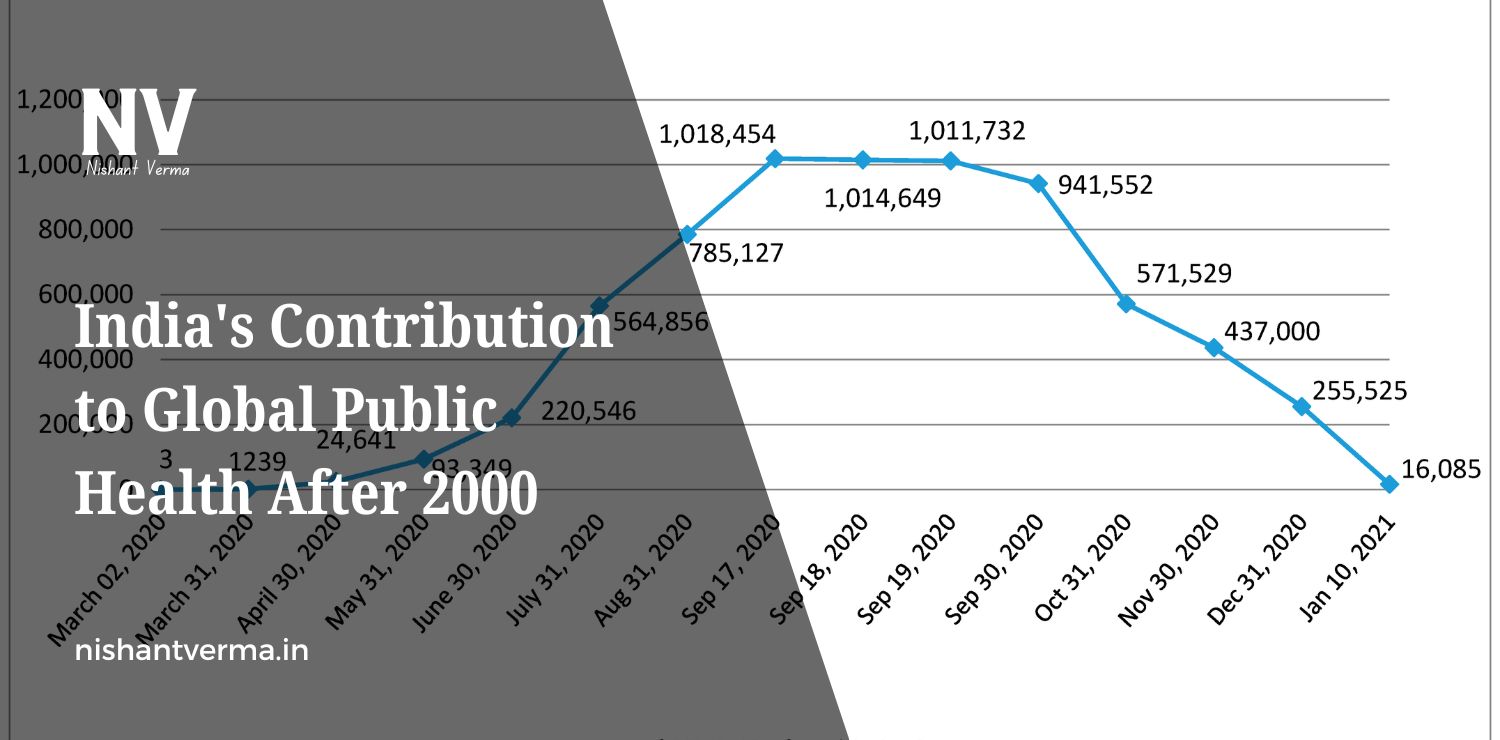India transformation into a global IT hub is one of the most remarkable stories of the 21st century. From being a developing country with limited access to technology, India has emerged as a leading player in the global Information Technology (IT) sector. This growth has not only boosted the economy but also changed the country’s role on the global stage. The rise of India as a major IT hub is a combination of various factors, including government policies, a skilled workforce, and a thriving tech ecosystem. In this article, we will explore how India became a global IT powerhouse, the key players involved, and the future trends that will continue to shape the industry.
The Beginnings of India’s IT Journey
India’s journey to becoming an IT hub began in the 1990s when the country embraced economic liberalization. Before this, India’s IT industry was mostly limited to government projects and a few small businesses. However, the opening up of the economy in 1991 allowed Indian businesses to engage in global markets, and the information technology sector quickly capitalized on this opportunity.
The establishment of software parks, such as the Software Technology Parks of India (STPI), was a significant step in nurturing the IT industry. These parks provided a platform for companies to access advanced technology and infrastructure, offering tax benefits and other incentives to encourage IT exports. The government’s role in creating a favorable environment for IT development was crucial in positioning India as a future leader in the industry.
In the 1990s, global giants like IBM, Microsoft, and Oracle began establishing a presence in India, attracted by the availability of a skilled, English-speaking workforce at a relatively low cost. This laid the foundation for India’s rise as a global IT hub, with the first wave of Indian IT companies, like Infosys, Wipro, and TCS, expanding rapidly.

Key Players in India’s IT Industry
The IT sector in India is home to several major players that have contributed significantly to the country’s growth as a global IT hub. These companies provide a wide range of services, including software development, IT consulting, business process outsourcing (BPO), and more.
- Tata Consultancy Services (TCS): TCS is one of the largest IT services firms in the world. Headquartered in Mumbai, TCS has been a pioneer in IT services, offering technology solutions to clients across various sectors, including banking, healthcare, and retail. TCS’s global footprint and reputation for quality have played a key role in solidifying India’s position in the global IT market.
- Infosys: Another major player in India’s IT sector is Infosys, a multinational corporation that provides IT consulting, software development, and outsourcing services. Founded in 1981 by N. R. Narayana Murthy and a group of other entrepreneurs, Infosys became one of the first Indian IT companies to list on the US stock market, gaining international recognition and attracting global clients.
- Wipro: Wipro is one of India’s largest IT companies, providing a variety of services, including IT consulting, software development, and infrastructure management. Wipro’s success lies in its strong client base and its ability to adapt to new technologies. The company’s focus on sustainability and innovation has helped it remain competitive on the global stage.
- HCL Technologies: HCL Technologies is another giant in the Indian IT industry, known for its software services, IT consulting, and engineering services. It has a strong presence in countries such as the United States, the United Kingdom, and Europe. HCL’s global approach and strategic acquisitions have helped it stay ahead in a highly competitive industry.
- Tech Mahindra: Part of the Mahindra Group, Tech Mahindra offers IT services and solutions to clients worldwide. Known for its expertise in digital transformation, Tech Mahindra is focusing on areas like artificial intelligence (AI), the Internet of Things (IoT), and blockchain, ensuring its relevance in the rapidly changing tech landscape.

Factors Contributing to India’s IT Growth
Several factors have contributed to India’s rapid rise as an IT hub in the global arena. The combination of a large, young, and skilled workforce, government support, and favorable economic conditions has made India the go-to destination for IT outsourcing and technology services.
- Skilled Workforce: One of the key drivers of India’s IT growth is its large pool of skilled professionals. India produces millions of graduates in engineering and computer science every year, many of whom are highly skilled in software development, programming, and IT management. The country’s proficiency in English, combined with its strong educational infrastructure, makes it an attractive destination for global companies looking to outsource services.
- Cost Advantage: India’s cost advantage has also been a major factor in the growth of the IT sector. Compared to other countries, the cost of labor in India is relatively low, which has attracted foreign companies to set up outsourcing operations in the country. This affordability has made India a preferred destination for services like business process outsourcing (BPO), customer support, and software development.
- Government Support: The Indian government has played a crucial role in fostering the growth of the IT sector. Policies like the establishment of the Software Technology Parks of India (STPI), tax incentives, and the push for digital infrastructure have helped create a favorable environment for IT companies. Programs like “Make in India” and “Digital India” have further strengthened the industry by promoting innovation, entrepreneurship, and digital infrastructure across the country.
- Globalization and Connectivity: The rise of globalization and the growth of the internet have further accelerated India’s IT growth. The ability to connect with clients and partners from across the world through digital means has opened new markets for Indian IT companies. The country’s IT firms have been able to serve global clients in industries ranging from finance to healthcare, making India an integral part of the global IT ecosystem.

Future Trends in India’s IT Sector
India’s IT sector continues to evolve, with several emerging trends shaping its future. As the global tech landscape changes, Indian IT companies are looking to diversify their offerings and explore new opportunities. Below are some key trends that will likely define the future of India’s IT sector:
- Digital Transformation: Digital transformation is at the heart of India’s IT growth in the coming years. Indian IT companies are focusing on helping businesses adopt new technologies like cloud computing, AI, data analytics, and blockchain to stay competitive. The demand for digital services is expected to grow as companies seek innovative ways to enhance their operations, improve customer experience, and drive efficiency.
- Artificial Intelligence and Automation: AI and automation are revolutionizing the IT sector globally, and India is well-positioned to lead this transformation. Many Indian IT companies are already working on AI-based solutions for industries like healthcare, retail, and finance. The integration of AI with other technologies like machine learning, data analytics, and IoT will create new opportunities for Indian IT companies.
- Cybersecurity: As businesses increasingly rely on digital technologies, the need for robust cybersecurity solutions will continue to rise. India’s IT firms are focusing on developing advanced cybersecurity products and services to protect organizations from cyber threats. With the increasing frequency of cyber-attacks globally, the demand for cybersecurity services will likely be a key growth area for India’s IT industry.
- Blockchain Technology: Blockchain is another technology that has the potential to disrupt the IT sector. Indian companies are beginning to explore blockchain’s applications beyond cryptocurrency, such as in supply chain management, financial transactions, and identity verification. As industries increasingly recognize the potential of blockchain, Indian IT companies are likely to invest more in developing innovative solutions in this area.
- Startup Ecosystem and Innovation: India’s startup ecosystem is thriving, and many new IT startups are emerging, offering cutting-edge solutions in areas like AI, IoT, and fintech. These startups are collaborating with established IT giants to drive innovation and accelerate digital transformation. The rise of these startups will continue to fuel India’s growth as an IT hub, contributing to job creation and economic development.
Conclusion: India Transformation into a Global IT Hub
India transformation into a global IT hub is a testament to the country’s ability to adapt, innovate, and leverage its strengths. With key players in the industry and a skilled workforce, India has become a critical part of the global IT ecosystem. As the country continues to embrace new technologies like AI, blockchain, and digital transformation, the future of India’s IT sector looks bright. By continuing to foster innovation, investing in emerging technologies, and maintaining a strong focus on quality, India will likely remain a leader in the global IT space for years to come.




